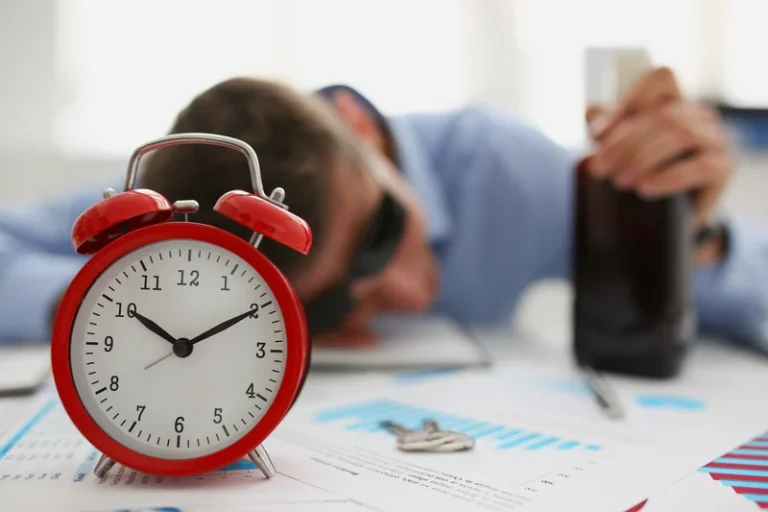
If your doctor has prescribed one of these medicines, it’s because you have heart disease or another condition that increases your risk for clots. Anticoagulants are a group of medications that see widespread use for a variety of reasons. They help prevent and blood thinners and alcohol treat clot-based health conditions like stroke and pulmonary embolism. While they’re extremely helpful, they also increase your risk of bleeding, so it’s important to talk with your healthcare provider about how to avoid severe bleeding if you’re injured.
You deserve excellent care and a rewarding life in recovery.
- Additionally, the NIAA advises that studies have indicated that heavy alcohol use and AUD have links to increased surgical complications.
- They halt bleeding by forming a plug at the vascular damage site.
- Certain blood components keep your clotting processes in an inactive state.
- In conclusion, alcohol does have a blood-thinning effect, but it’s not the same as the effect of medications like aspirin or warfarin.
- For those who have a problem with alcohol use disorder, there are resources and tools to help reduce alcohol intake.
- They also encourage people who drink to do so in moderation in order to minimize some of the potential negative side effects of long-term alcohol use.
Another common misconception is that alcohol increases blood circulation. While alcohol can cause temporary dilation of blood vessels, resulting in a warm sensation, it does not actually improve overall blood circulation in the long term. In fact, excessive alcohol consumption can have negative effects on cardiovascular health. By understanding the effects of alcohol on blood clotting, individuals can make informed decisions about their alcohol consumption and prioritize their overall health and well-being. Factors such as age, underlying medical conditions, and medication use can also influence the effects of alcohol on blood clotting. Furthermore, alcohol can also interfere with the production and activity of clotting factors, which are essential for the blood clotting process.
Effects on Clotting Factors

So, your system prioritizes getting rid of alcohol before it can turn its attention to its other work. In reality, there’s no evidence that drinking beer (or your alcoholic beverages of choice) actually contributes to belly fat. Steatotic liver disease used to go by the name fatty liver disease. Dr. Sengupta shares some of the not-so-obvious effects that alcohol has on your body. It was concluded that caffeine has the capacity to inhibit the metabolism of warfarin and enhance its plasma concentration and hence anticoagulant effects. Thus, patients should be advised to limit the frequent use of caffeine-rich products i.e. tea and coffee during warfarin therapy.
- Over time, the elevated calorie intake related to alcohol consumption can lead to obesity, a higher risk for developing diabetes, high blood pressure, and heart failure.
- Acting as a blood thinner, alcohol can then also lower the risk for a stroke, which is when there is a reduced flow of blood to the brain due to blocked or narrowed arteries.
- Alcohol can cause an increased release of cortisol and, in turn, higher blood pressure and a faster heartbeat.
- Drinking alcohol is also not recommended before surgery because of its blood-thinning effects.
- However, excessive alcohol consumption can interfere with this process.
Blood Thinners and Alcohol: Interactions, Risks, and Side Effects
It is critical to strike a balance that reduces risks while also promoting overall well-being. When you drink alcohol, it reduces the ability of your blood to clot. This is due to the effect of alcohol on the coagulation process, which essentially makes the blood less sticky. Excessive alcohol consumption can lead to an increased risk of bleeding. Alcohol affects the body’s ability to form blood clots, which are essential for stopping bleeding when an injury occurs. When blood clotting is impaired, even minor cuts or injuries can result in prolonged bleeding.
Interactions with Medications and Health Conditions
People who said they drink a lot of liquor also tended to binge drink, which counteracts any helpful effects you might get from alcohol in moderation. The relationship between alcohol and deep vein thrombosis may depend on what, and how much, you pour in your glass. You consent to receive SMS notifications and promotions from Addictionresource. Heavy alcohol drinking while taking clopidogrel can cause ulcers and irritate the stomach. Detoxing from alcohol at home requires careful preparation, support, and a commitment to ongoing recovery for a safe and successful journey toward sobriety.
When little blood vessels get injured from everyday activities, you may also notice small bruises appear on your skin. This isn’t usually a major concern unless they’re extensive or the discoloration seems extreme. It can also limit your kidneys’ ability to excrete broken-down toxins or drugs, such as your prescribed blood thinner. This can lead to the same harmful effect of excessive anticoagulation.


They are often used as alternatives to heparin and its variants, especially to prevent the formation of clots after certain medical procedures. Anticoagulants are a group of medications that decrease your blood’s https://ecosoberhouse.com/ ability to clot. They do that by letting your body break down existing clots or by preventing new clots from forming. If you take a blood thinner, be sure to follow your health care provider’s advice on dosing.

Alcohol contains empty calories, and when a person drinks, they may replace nutrients with alcohol. Alcohol may then raise the level of triglycerides, or fats, in the blood. Over time, the elevated calorie intake related to alcohol consumption can lead to obesity, a higher risk for developing diabetes, high blood pressure, and heart failure. Binge and heavy drinking may cause a stroke or sudden cardiac death as well. While alcohol may have blood thinning effects, it may also increase the risk of cardiovascular conditions and blood clots. Drinking alcohol in moderation may have a protective effect on your blood vessels.

YOUR COMMENT